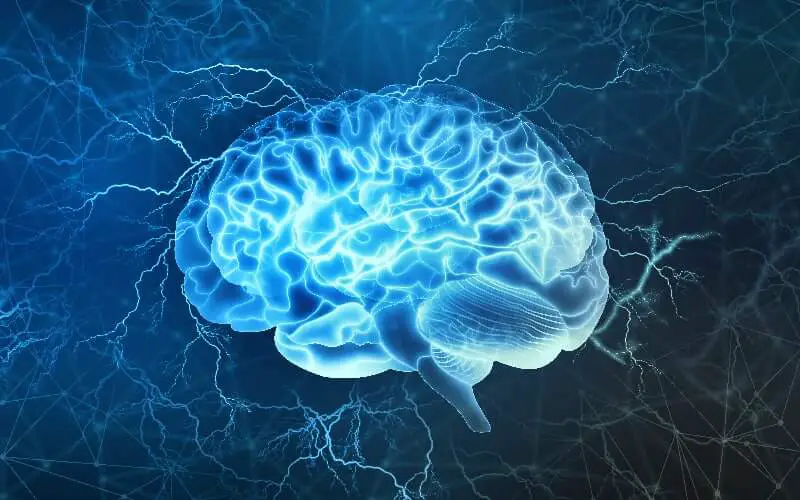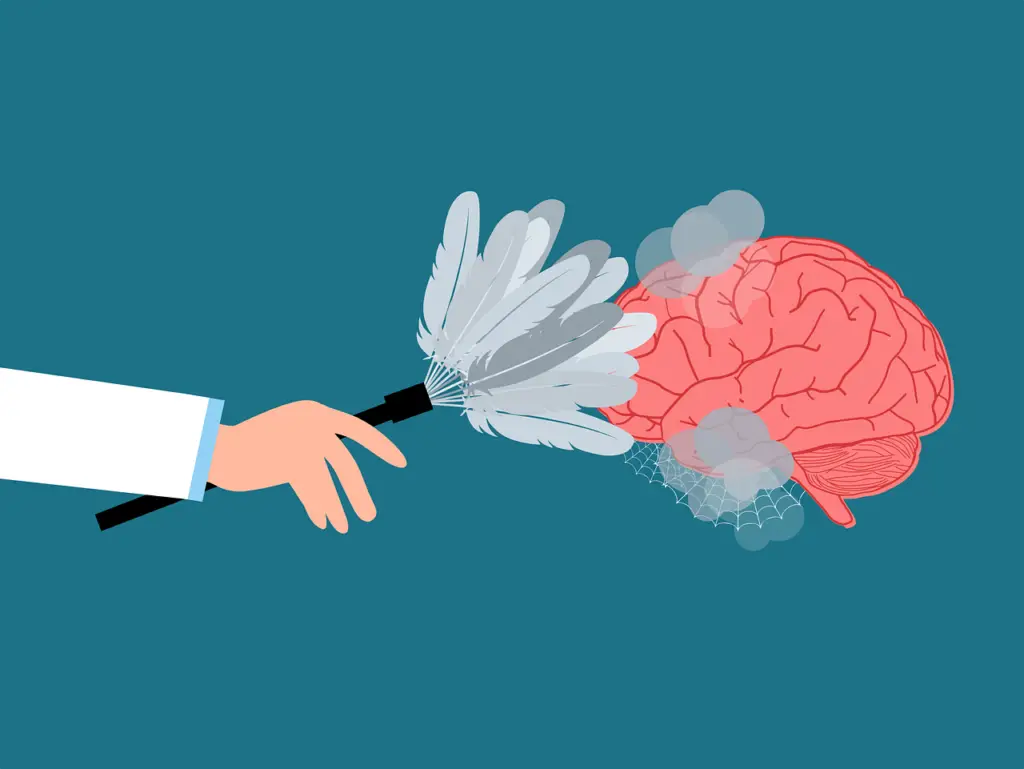Drug addiction is a widespread problem that affects millions of individuals and their families across the globe, drug rehab should be done. It’s a crisis that transcends borders, races, and social classes. When someone becomes ensnared by the clutches of drug addiction, their life spirals out of control, and their loved ones are often left feeling helpless and desperate. In such dire situations, drug rehab becomes a beacon of hope, offering a lifeline to those struggling with addiction.
This article delves into the critical importance of drug rehab in saving lives and helping individuals break free from the shackles of addiction.

Table of Contents
9 Important Points to Know!
1. Understanding the Grip of Addiction
Before delving into the significance of drug rehab, it’s crucial to comprehend the insidious nature of addiction. Addiction is not merely a matter of poor choices or lack of willpower; it’s a complex brain disorder. Drugs alter the brain’s chemistry, leading to changes in behavior, thoughts, and emotions. These alterations are often so profound that quitting becomes an arduous and sometimes seemingly impossible task.
Addiction is not limited to one particular substance. It can involve drugs such as opioids, cocaine, methamphetamine, marijuana, or even prescription medications. Regardless of the substance involved, addiction takes hold with a vice-like grip, leaving individuals trapped in a never-ending cycle of craving, use, and withdrawal.
2. The Importance of Early Intervention
One of the key aspects of addressing drug addiction is early intervention, and drug rehab plays a pivotal role in this process. When addiction is left untreated, it tends to escalate, leading to more severe consequences. Early intervention can prevent these consequences from occurring and increase the chances of a successful recovery.
Drug rehab centers are equipped with professionals who specialize in addiction treatment. They can assess an individual’s specific needs and develop a tailored treatment plan. This personalized approach is crucial because addiction is not a one-size-fits-all problem. Different substances, individuals, and circumstances require different approaches to treatment.
3. Breaking the Cycle of Relapse
One of the greatest challenges in overcoming addiction is the high rate of relapse. Many individuals attempt to quit on their own or with the support of family and friends but often find themselves back in the grips of addiction shortly thereafter. Drug rehab programs are designed to address this issue by providing comprehensive care that addresses the physical, psychological, and social aspects of addiction.
In a drug rehab setting, individuals receive medical supervision to manage withdrawal symptoms safely. This is particularly crucial for substances like opioids and alcohol, where withdrawal can be physically and mentally excruciating, and even life-threatening in some cases. By managing withdrawal symptoms effectively, drug rehab programs increase the likelihood of a successful detoxification process.
4. Psychological Healing and Behavioral Change
Addiction is not only about physical dependence; it also involves profound psychological and behavioral aspects. Drug rehab programs offer a range of therapeutic interventions aimed at addressing these underlying issues. Counseling, individual therapy, group therapy, and support groups are all integral components of addiction treatment.
Through these therapies, individuals learn to identify the root causes of their addiction, develop coping mechanisms, and acquire the skills needed to resist cravings and make healthier choices. Additionally, therapy helps individuals rebuild damaged relationships, address any co-occurring mental health issues, and develop a strong support system to aid in their recovery journey.

5. Long-term Recovery and Relapse Prevention
Drug rehab programs are not just about getting through detox and therapy; they are also focused on preparing individuals for long-term recovery. Relapse prevention strategies are a critical part of this process. Rehab centers equip individuals with the tools and knowledge to identify and manage triggers that could lead to relapse.
These programs also educate individuals on the importance of continued aftercare and support. This may include ongoing therapy, participation in support groups, and regular check-ins with addiction professionals and also Christian pastors professionals. By providing a structured plan for aftercare, drug rehab programs significantly reduce the risk of relapse and promote sustained recovery.
6. Rebuilding Lives and Restoring Hope
Drug addiction doesn’t just affect the individual; it also has a profound impact on their loved ones. Families are torn apart, relationships strained, and trust shattered. Drug rehab not only saves the lives of those struggling with addiction but also helps rebuild these fractured lives.
As individuals progress through rehab, they often regain a sense of self-worth and purpose that addiction had stripped away. They can repair damaged relationships, earn back the trust of their loved ones, and contribute positively to their communities. The ripple effect of a successful recovery extends far beyond the individual, benefiting society as a whole.
7. Economic and Social Benefits
Beyond the personal and familial aspects, drug rehab also holds significant economic and social benefits. The costs associated with untreated addiction are staggering. They include healthcare expenses related to drug-related illnesses, emergency room visits due to overdose, and the burden on the criminal justice system. By investing in drug rehab, society can reduce these costs and allocate resources more effectively.
Furthermore, individuals in recovery from addiction are more likely to become productive members of society. They can maintain stable employment, pay taxes, and contribute to the economy. This not only benefits the individuals themselves but also reduces the burden on social welfare programs.
8. The Role of Drug Rehab in Combating the Opioid Epidemic
The opioid epidemic has been a particularly devastating crisis in recent years, claiming countless lives across the United States and other parts of the world. Drug rehab programs play a critical role in addressing this epidemic by providing evidence-based treatments such as medication-assisted treatment (MAT) for opioid addiction.
MAT combines medications like methadone, buprenorphine, or naltrexone with therapy and counseling. This approach helps individuals manage their cravings and withdrawal symptoms while addressing the psychological aspects of addiction. It has been shown to significantly reduce opioid-related overdose deaths and improve overall outcomes for individuals with opioid use disorders.
9. Access to Drug Rehab: A Global Challenge
While the importance of drug rehab is undeniable, access to these programs remains a challenge in many parts of the world. Stigma, lack of funding, and limited availability of treatment centers are some of the barriers that individuals face when seeking help for addiction. Governments, healthcare systems, and communities must work together to increase access to drug rehab services and reduce the barriers that prevent people from getting the help they need.
Conclusion
In the battle against drug addiction, drug rehab is an essential weapon. It offers hope, healing, and a path to recovery for individuals ensnared by the clutches of addiction. By providing comprehensive care that addresses the physical, psychological, and social aspects of addiction, drug rehab programs increase the chances of successful recovery and reduce the devastating consequences of untreated addiction.
It is crucial for individuals struggling with addiction and their families to recognize the importance of seeking help through drug rehab. Early intervention, personalized treatment plans, and long-term recovery support are all vital components of breaking free from addiction’s grip. Ultimately, drug rehab not only saves lives but also restores hope, rebuilds families, and strengthens communities, making it a crucial and invaluable resource in the fight against addiction.
If you or someone you know is struggling with drug addiction, don’t hesitate to seek help through a reputable drug rehab program. It’s a decision that can save lives and lead to a brighter, addiction-free future.
Bible Verse
Matthew 26:41 "Watch and pray so that you will not fall into temptation. The spirit is willing, but the flesh is weak."
Pray because the flesh is weak when it comes to temptation. Our flesh is easily deceived by its wants. The spirit contradicts so that you may not fall to the steps of unrighteousness. Therefore, your only weapon to counter temptation is PRAYER to God. Seek the help of a prayerful Christian pastors. Draw near to Almighty God the father and God the Son Jesus, and He will draw near to you.



